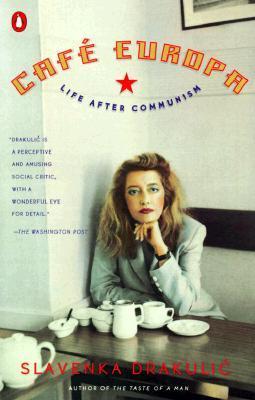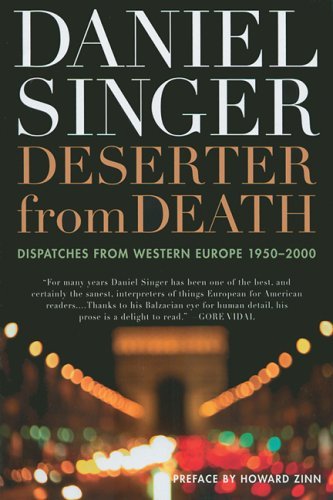
Café Europa: Life After Communism
Book Description
A struggling continent grapples with the ghosts of its past—what does freedom really look like? In "Café Europa: Life After Communism," Slavenka Drakulić paints a vivid portrait of post-communist Eastern Europe, where the air is thick with hope and despair. Personal stories of resilience unfold amid the chaos of political upheaval and societal transition. With raw honesty, Drakulić delves into the lives of everyday people navigating their newfound realities, revealing a rich tapestry of dreams, disillusionment, and relentless perseverance. As familiar borders dissolve, will they find the courage to forge a new identity?
Quick Book Summary
"Café Europa: Life After Communism" by Slavenka Drakulić is a penetrating collection of essays that explores the complexity of post-communist life in Eastern Europe. Through personal anecdotes and keen observations, Drakulić reveals the emotional and psychological aftermath of political transformation. She documents the mixture of hope and skepticism that permeates societies grappling with newfound freedom and the persistent shadows of their authoritarian past. The book addresses how the collapse of old regimes fosters both dreams of Western prosperity and struggles with corruption, alienation, and identity. Drakulić’s vibrant portraits of individuals adjusting to rapidly changing realities illuminate a region at a crossroads, exploring what it truly means to be European in the aftermath of communism.
Summary of Key Ideas
Table of Contents
The Struggle for a New Identity
Drakulić opens with personal accounts and travels across Eastern Europe’s shifting landscape, painting a nuanced picture of societies in flux. She examines how the initial euphoria of liberation quickly gives way to existential questions about identity. The book’s stories reveal uncertainty and anxiety among people adapting to political and economic systems that are often unfamiliar and fraught with disappointment. This emotional turbulence underscores the challenge of forging a collective sense of nationhood and individual purpose in a region marked by division and displacement.
The Persistence of the Communist Legacy
The legacy of communism is omnipresent, seen in the institutional inertia, nostalgia, and old habits that persist long after regime change. Drakulić uncovers how corruption, distrust of authority, and skepticism about official narratives continue to shape daily interactions, workplaces, and government institutions. The shadow of the past influences not only political life but personal choices, as citizens struggle with both the desire to forget and the need to understand their histories.
Everyday Life and Small Freedoms
Daily experiences are at the heart of Drakulić’s narrative—she highlights how small freedoms, like travel or consumer choice, become fraught symbols after decades of restriction. Yet these liberties often come mingled with frustration at the inequalities and uncertainties of capitalism. In cafés, markets, and homes, she explores the gradual adoption of Western habits, the tension between tradition and modernity, and how people find moments of joy and meaning amid ongoing hardship.
East-West Divides and Aspirations
A major theme is the pronounced sense of East-West divide. Drakulić describes the longing for acceptance into the European fold, as well as the alienation that arises from cultural misunderstandings and the slow, complicated process of integration. The Western ideal is not simply material prosperity but also a model for social and political aspiration. Yet, she notes, Western Europe’s often patronizing attitude further complicates efforts toward mutual understanding and cooperation.
Disillusionment and Resilience
Despite the disillusionment encountered after the fall of communism, Drakulić finds resilience in ordinary people who persist in reshaping both public discourse and private life. Dreams of a better future are tempered by realism, but creativity and endurance emerge as defining features of post-communist society. Through her honest and empathetic portrayals, Drakulić captures the remarkable capacity for adaptation and hope amid ongoing struggles, inviting readers to reflect on what it means to forge a new identity after historical upheaval.
Download This Summary
Get a free PDF of this summary instantly — no email required.





